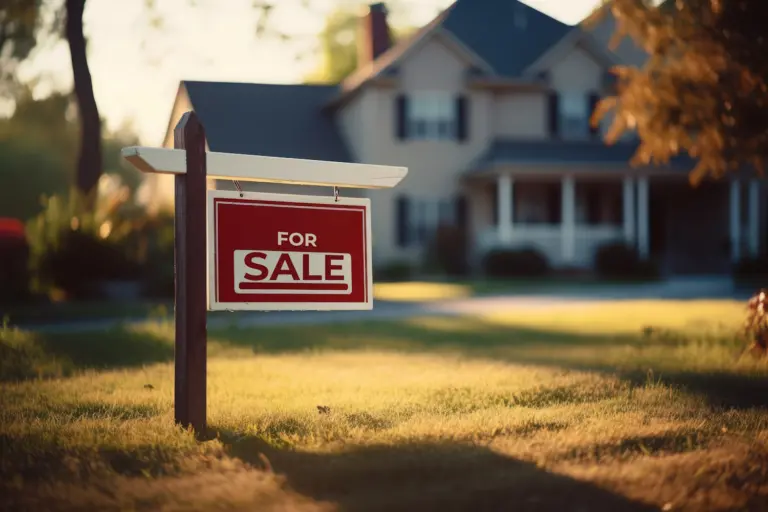Introduction
Selling a house can be a daunting task, often filled with anticipation and expectations. Whether you’re downsizing, relocating, or looking for a change, putting your house on the market marks the beginning of a significant transition. However, what happens when your house isn’t attracting buyers as quickly as you’d hoped? At what point should you start to worry about your house not selling?
Understanding the Market Dynamics
Real estate markets fluctuate, affected by numerous factors such as economic conditions, location, supply and demand, interest rates, and seasonal variations. Therefore, it’s crucial to comprehend the broader market trends before growing concerned about your house not selling.
Initial Steps and Timeframes
Initially, it’s common for a house to take a few weeks to gain traction in the market. This period allows for listings to be discovered, viewed, and compared by potential buyers. Real estate experts often suggest giving it around 30-45 days before assessing whether there’s cause for concern.
Red Flags to Watch For
Limited Showings and Feedback
If your house isn’t receiving many viewing requests or if the feedback from potential buyers is consistently negative, it might signal underlying issues. Negative feedback could encompass anything from pricing concerns to the condition of the property.
Comparable Homes Selling Faster
When similar properties in your area are selling swiftly, and yours remains stagnant, it’s a clear indication that something might be amiss. This discrepancy might prompt a reevaluation of your pricing strategy or the presentation of your property.
No Offers Despite Price Reductions
Lowering the price is a common tactic to attract buyers. If you’ve significantly reduced the price multiple times without any offers, it may be time to reassess other aspects beyond just the pricing.
Possible Reasons for a House Not Selling
Pricing
An overpriced house is one of the most common reasons for a lack of interest from buyers. Realistic pricing aligned with market standards is crucial for generating interest.
Property Condition
The condition of the property significantly influences its desirability. Deferred maintenance, outdated features, or the need for significant repairs might deter potential buyers.
Marketing and Presentation
Insufficient or inadequate marketing efforts can lead to limited exposure. Additionally, the way your house is presented—through photographs, staging, and descriptions—can heavily impact buyer interest.
What to Do Next
Reevaluate Your Strategy
Consider reassessing your pricing strategy, marketing tactics, and the overall presentation of your house. Sometimes, minor adjustments can make a substantial difference in attracting buyers.
Consult a Real Estate Professional
Seek advice from a seasoned real estate agent. They can provide insights into market trends, pricing strategies, and areas of improvement for your property.
Consider Alternatives
If the traditional selling route isn’t yielding results, explore alternative options such as renting the property or seeking assistance from professional home buying companies.
Conclusion
Selling a house can be a complex process with numerous variables at play. While it’s natural to feel concerned when your house isn’t selling, it’s essential to approach the situation strategically. Understanding the market dynamics, identifying potential issues, and taking proactive steps to address them can significantly improve your chances of a successful sale. Patience, coupled with a willingness to adapt and make necessary changes, remains key in navigating the real estate market and achieving a successful sale of your property.
For personalised guidance on selling your property in the UK, consider consulting with Michael Anthony Estate Agents who can provide expert advice tailored to your specific circumstances.
